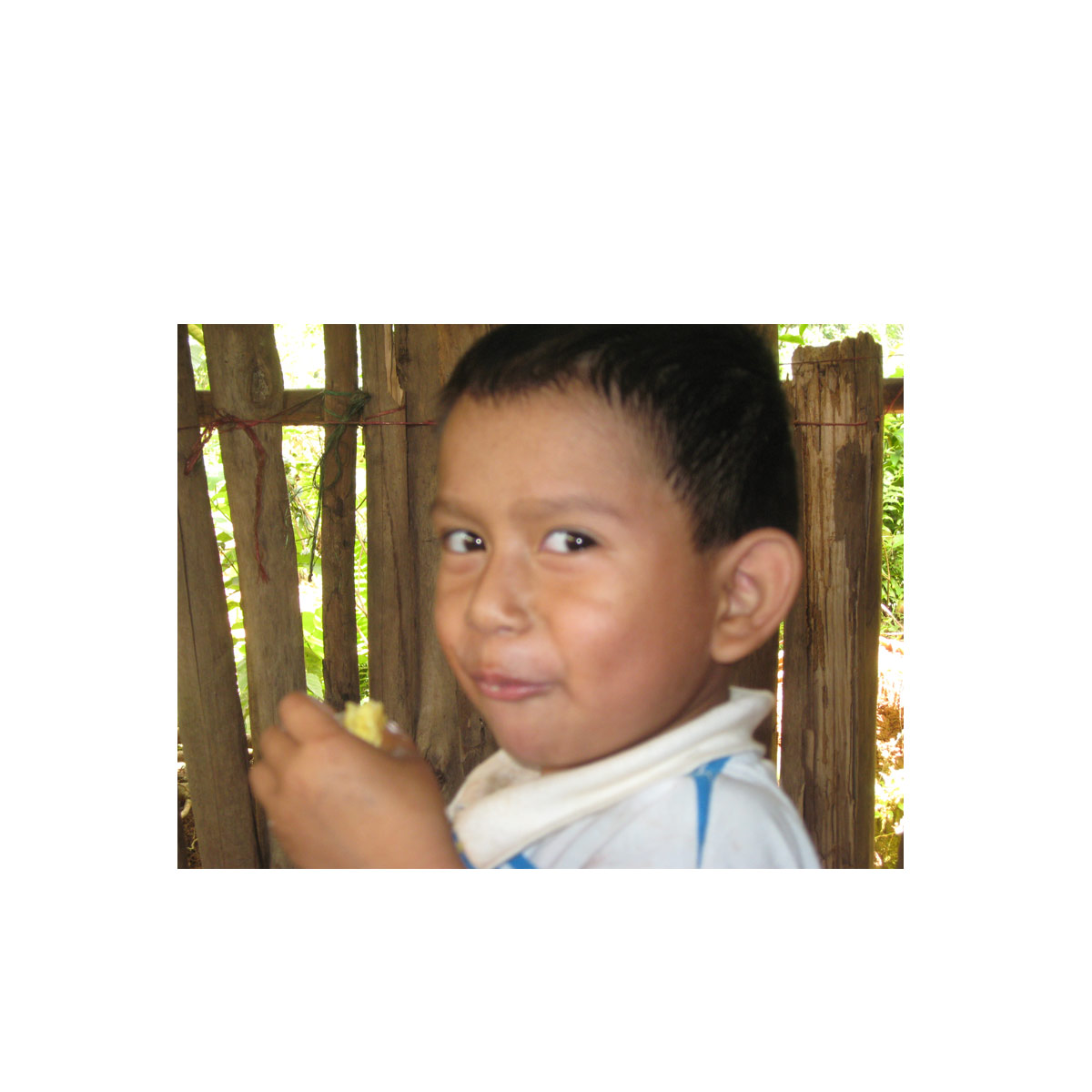This content has been archived. It may no longer be relevant
During the long time of lockdown, I found myself along with the rest of the world in an unsettled inner and outer place.
We were isolated, confined in our homes, and we were asked to live with less in many respects. This can be hard.
One day during this time, I was perusing some stories I had written years ago about my life as a lay missionary in Guatemala. I came across one I called “Full Bowl.” It spoke then in a way I hadn’t experienced before, and I want to share it with you.
***
I arrived on a Sunday around noon to weaver Josena’s humble home to visit and share a meal. Her four- year-old son Yoel and 1 1⁄2-year-old daughter Maria were with her. Her husband Ruben and their eldest, their eleven-year-old son, were passing time in the village center.
After touring her simple wooden house, we went to a separate small makeshift structure that was the kitchen.
“This is what my house looked like before. Just like this.”
She pointed to the walls of the room made from a hodgepodge of thick wooden poles and thin boards planted in the ground and held together by rope.
She invited me to sit at the rustic wooden table in the dirt-floor room while she built a fire on the top of an adjacent raised earthen platform.
The flame ignited, and she proceeded to pat soft corn flour into perfectly round tortillas which she placed on the hot, round-shaped, metal grill called a comal.
Then in a beat-up frying pan, she whipped eggs with oil and salt and cooked them over the fire.
The smell of the eggs stirred hunger, not just in me but also, I think, in precocious Yoel sitting beside me chattering away unafraid.
Josena proudly placed a white china bowl decorated with red flowers in front of me, a bowl filled with steaming eggs.
“Eat,” she said, smiling.
She then placed another china bowl with scrambled eggs and tortillas in front of Yoel and returned to the stove to prepare more eggs.
Then for reasons I didn’t understand, the small boy whined and pounded his fists on the table in a tantrum. My fork held in midair, I watched the drama.
Josena walked over to him, leaned across the opposite side of the table, made eye contact and said, “What’s the matter, son?”
He continued to complain, shook his head “No!” and mumbled something I didn’t understand.
“The eggs are there. You don’t need to whine,” Josena reasoned. She raised her head, looked at me and said, “He’s angry because the bowl isn’t full. He wants more eggs.”
The child refused to eat until his bowl was full. To keep the peace, Josena complied and filled Yoel’s bowl.
“It is hard when there isn’t enough food. He doesn’t understand that when there is a small amount of food, we have to ration portions. My older son understands and accepts this without complaint. Yoel doesn’t understand, so it is very hard when there isn’t enough for everyone.”
I watched this interesting child take a tortilla and break it into small pieces and lay each piece systematically along-side his china bowl.
Then he took portions of egg and placed one on top of each tortilla piece. With a smile, he took each piece one by one and stuffed it into his mouth—savoring, chewing every bite. He was full.
Yoel’s demand for a full bowl of food meant that someone in the family would go with less, and I can tell you, on that day, it wasn’t me.
Yoel wasn’t content with less. Am I?
In the reality of this pandemic, we were faced with having less. For me, I could go without toilet paper (my Guatemalan brothers and sisters use pages from newspapers or leaves), but I ached for Mass and the Eucharist, and the personal, direct interaction with family and friends.
St. Paul said in his letter to the Philippians that he had learned the secret—to be content in whatever circumstances he was faced with. He learned this, and God gave him the strength to do it.
There is much to learn here. Words like solidarity, contemplation, gratitude, and trust come now as invitations for deeper integration in my life.
Perhaps, less is more. And the One who allows also promises to give the strength to go through it. The bowl might not be full, but it is enough.
Kathy, a former working guest at Madonna House, has been serving for many years as a lay missionary in the Ixcan Jungle in Guatemala.





